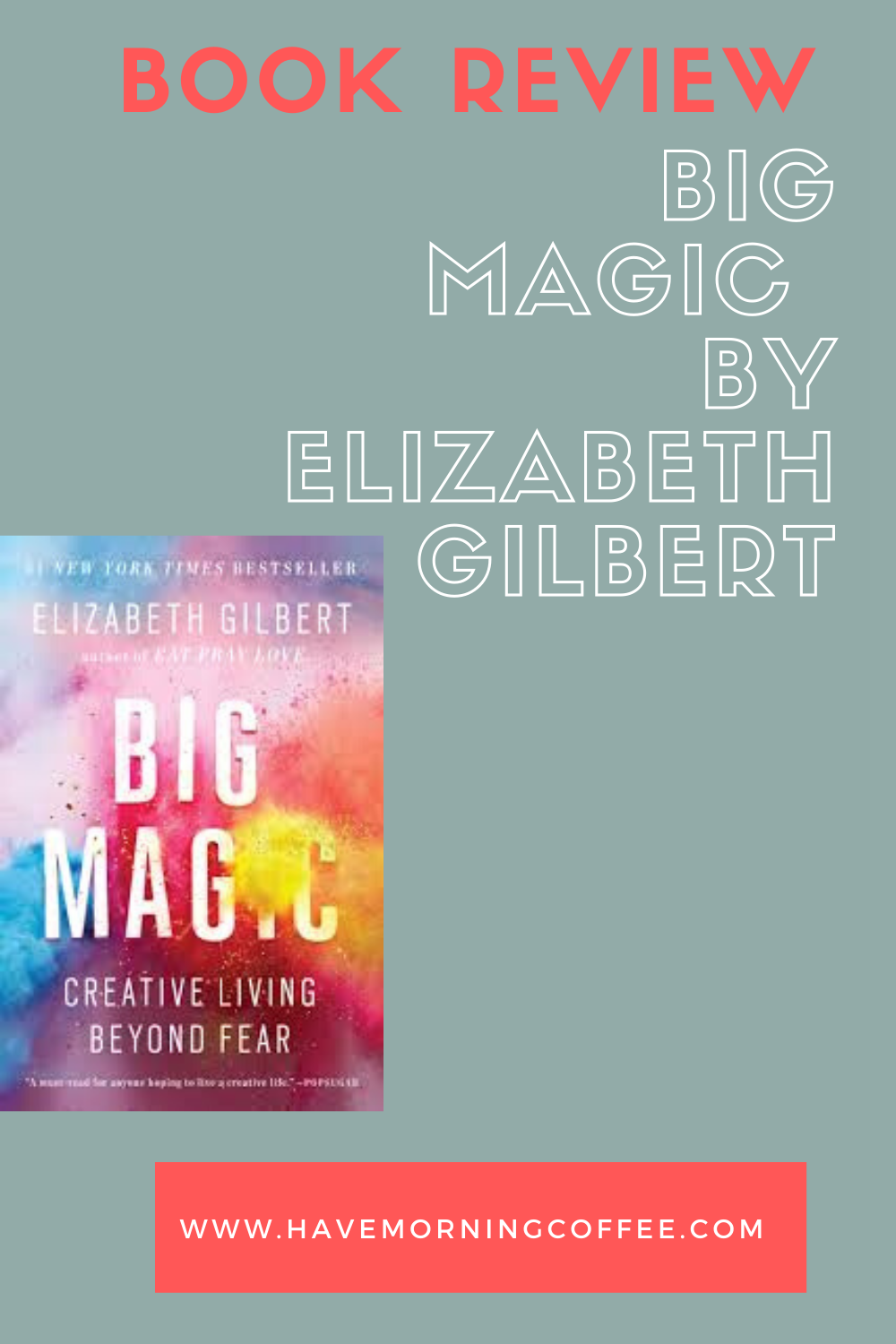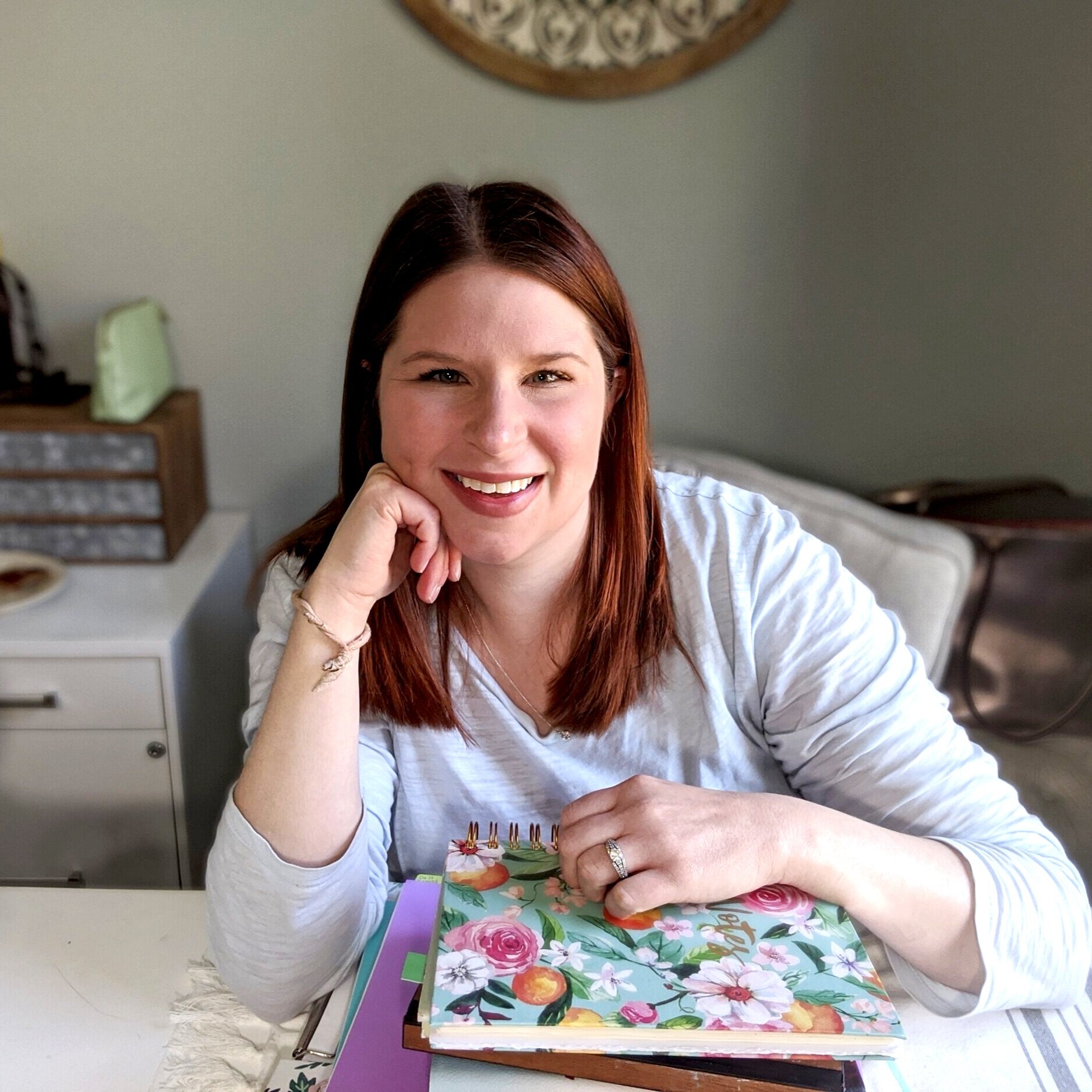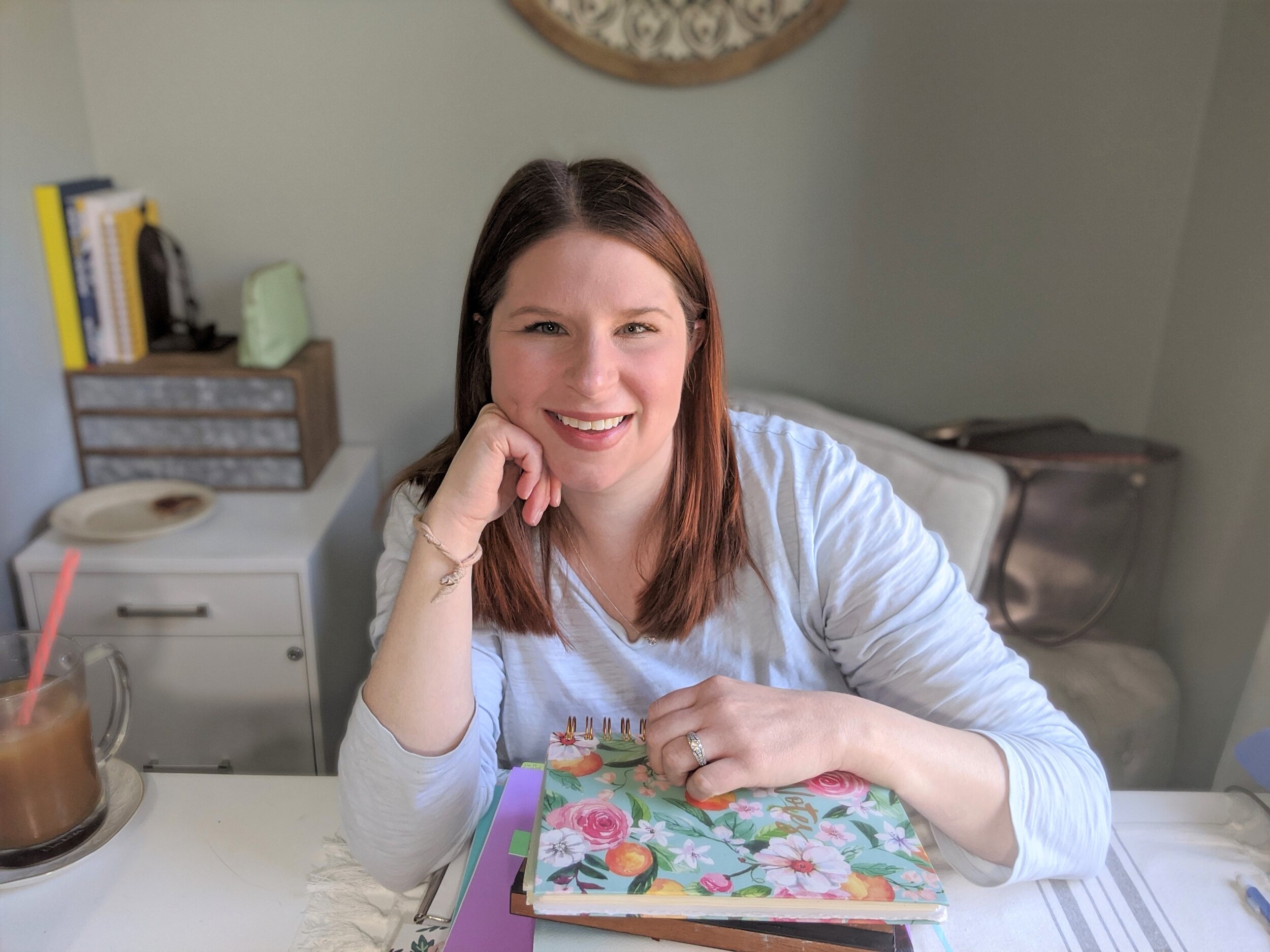I thought I’d write this book review a little differently for you today because when I really thought about it the book “Big Magic” by Elizabeth Gilbert really addresses the misconceptions and fears that people have when it comes to trying something new in their lives. For me, that’s starting this blog. For you, it may be pitching a new idea to the boss at work, or starting a new hobby like yoga or salsa dancing or making a big change in your life. Here’s some of the key questions Gilbert responds to in the book.
Are You Creative? Gilbert tackles this common misconception in the first section of the book, saying that creative living goes far beyond being an actual artist as a profession. She explains that a creative life is simply a life that recognizes that we are more than the sum of our daily duties and that pursues joy always. “A creative life is an amplified life,” she says. “It’s a bigger life and an expanded life and a hell of a lot more interesting life.”
She goes on to say, “Are you considering becoming a creative person? Too late, you already are one.
Am I Original Enough? This was definitely a fear I experienced when thinking of starting this blog. Will anyone listen or care about what I have to say? It’s been done before. Maybe you are thinking of starting a new project and work or at home and feel the same way. Gilbert says, “Creative entitlement simply means believing that you are allowed to be here and that merely by being here- you are allowed to have a voice and vision of your own.”
Even though something has been attempted before, it hasn’t been attempted by you. “Share what you are driven to share,” Gilbert urges. “If it’s authentic enough,believe me- it will feel original.”
What If People Hate It? “I can only be in charge of producing the work itself. That’s a hard enough job,” she writes. “I refuse to take on any additional jobs, such as trying to police what anybody thinks about my work once it leaves my desk.”
She later emphasizes this again when she says, “ Recognizing this reality- that the reaction doesn’t belong to you- is the only sane way to create.”
What If It’s Not Perfect? Simply put, Gilbert says perfection should not be a goal. “It starts by forgetting about perfect. We don’t have time for perfect.” She says that perfectionism is what tends to stop people from creating in the first place, which only holds us back from living fully.
“At some point, you really just have to finish your work and release it as is- if only so that you can go on to make other things with a glad and determined heart. Which is the whole point. Or it should be.”
Hey, I’m Meghan
I’m here sharing content all about pursuing your own version of more and loving how you feel doing it. If that sounds good to you, stick around and let’s be friends!

















